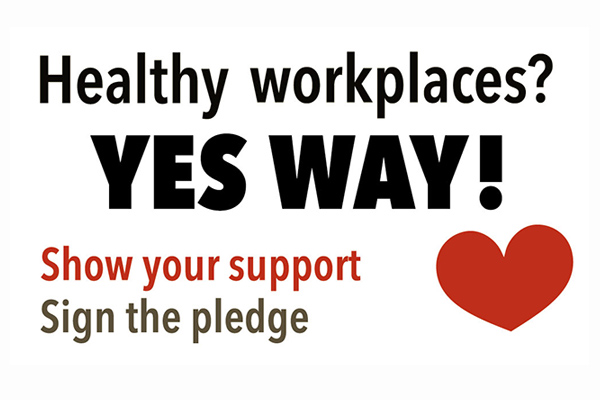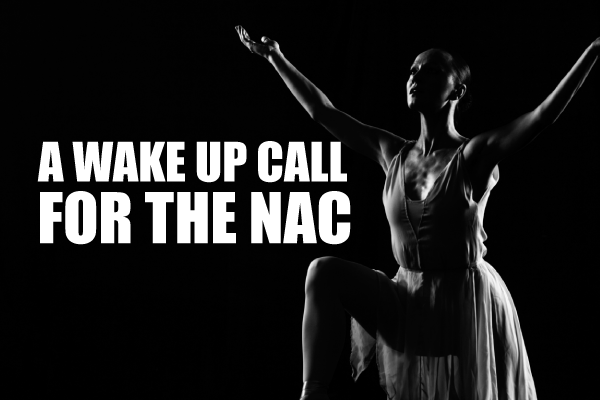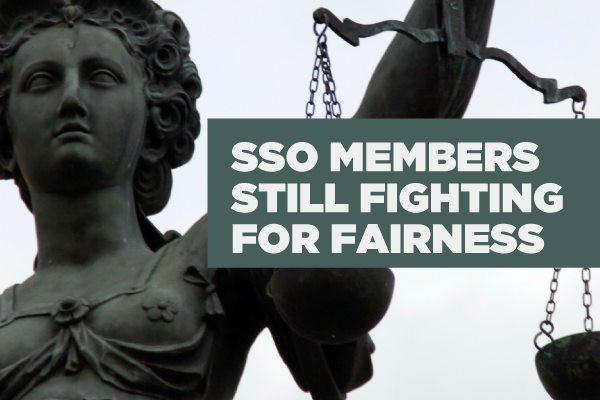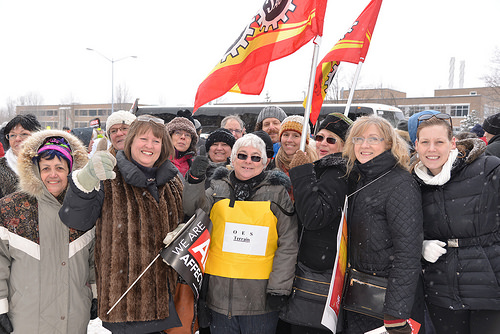
“I left that conference really impressed by our members’ passion and eagerness to get involved,” said National President Doug Marshall, referring to the recent Treasury Board bargaining conference.
“Our members weren’t afraid to step up to the plate,” added Marshall. “We have members at all level of the organization to thank for that; from local members who were involved in the bargaining process from the very beginning, to everyone who was present at the conference to cast a vote.”
By the end of the conference, four members were elected to the PA table, two to the EB table and one to the TC table.
Kate Hart, who is the UNE’s national equity representative for LGBT people, is one of the four members who was elected to the PA bargaining team during the conference. She admits, her stump speech was rather unconventional.
“You always get the three minutes to make your speech,” explained Hart. “I decided to go for the laughs.”
She sums up her introduction as such:
“Hi. I’m Kate, I’m a trans woman and a lesbian – and I suspect my definition of ‘family’ is just a wee bit different from Tony Clements’.’”
Hart said the room erupted in laughter.
Another UNE member who scored a spot on the PA bargaining team is Natalie Rainville, a young worker from Quebec. She said she left Quebec with the intention of running for one of the coveted seats at the table.
“I thought, ‘I’m going for it’”, said Rainville. “Why not me, I’m going to try.”
While she’s never sat at a Treasury Board bargaining table, she’s got some solid bargaining experience; Rainville has twice been part of regional negotiations in the hotel sector.
“Why not put that experience at work for others?”
Looking at the 10-member bargaining team, Rainville says she can’t help but be blown away by the diversity around the table.
“There’s so much diversity, in terms of experience, age, equity members…,” she said, noting that another UNE member elected to the team, Stephane Allard, is also a young worker. “There’s such a beautiful diversity that will really help us represent the entire membership.”
“And in terms of geography too!” exclaimed Kate Hart, who agreed with Rainville’s point. “There’s someone from every part of the country. And we have Geoff Ryan representing persons with disabilities. Equity groups, overall, have a good representation.”
Both women also said that the event was a great opportunity to meet members from other components and learn a great deal about what’s happening in other workplaces.
“I found that very valuable,” said Hart.
The conference hosted a number of speakers; many union leaders from outside the PSAC took the opportunity to express their unwavering solidarity. For Rainville, the outpouring of support and a great number of ideas have her fired up and ready to go.
“I really felt that members are determined to fight for what they have – to make no concessions,” she said. “It’s that kind of gusto that gave me a lot of pep. “
Congratulations are also due to Michael Freeman and Terrylynn Brandt who were elected to the EB team, which represents members who work in education, library science and educational support.
And some serious kudos go out to Suzanne Arsenault, who’s going to have some big shoes to fill at the TC table. During the conference, members took the opportunity to recognize the enormous contributions of Regional Vice-President Garry Larouche, of Ontario, who has participated on every single TC bargaining round since 1996!
(If you’re trying to think of a reference point, 1996 was when the Macarena was really cool…). That’s a long time, to say the least!










